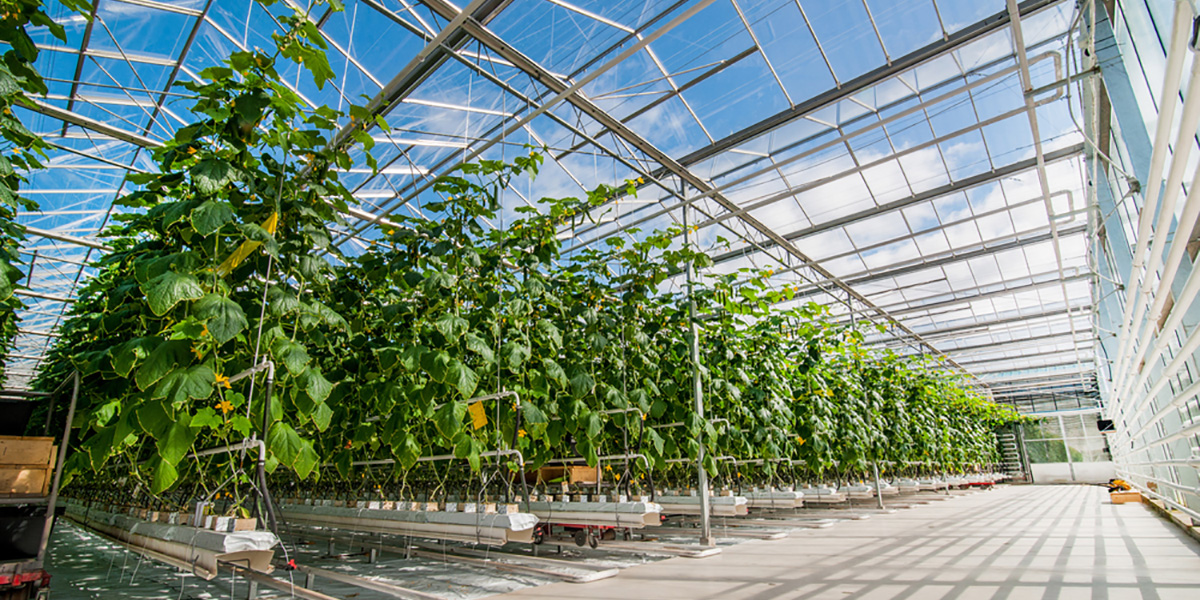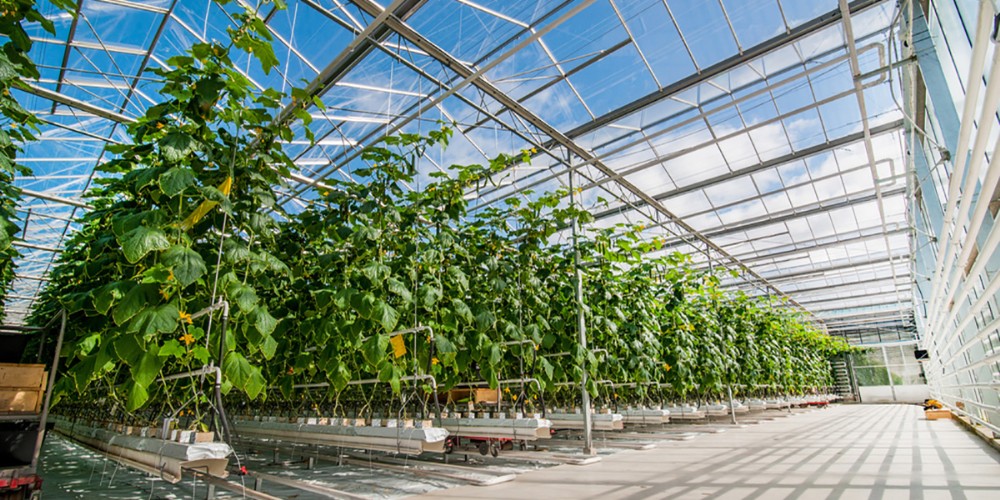
Choosing security and quality in financially uncertain times
02 Feb 2023
Not only COVID-19 and the war in Ukraine affect the inflation, but there are more external factors to take into account. Which ones are?
The global inflation is one of the most talked-about subjects today. Research published by the Rabobank earlier this month, shows an astounding 7.6% loss of purchasing power across Europe. This decrease happened in the previous months and is even more distressing when realising that a free fall like this has not occurred in the past 20 years.
Not only COVID-19 and the war in Ukraine affect the inflation, but there are more external factors to take into account. These factors not only influence the production and price of fresh fruit and vegetables, but also indirectly determine the purchasing strategy of retailers. Curious to know how they can still choose security and quality, even in these uncertain times? Read it in our latest blog!
Four external factors that influence supply, demand and purchasing price
It might seem that when the COVID-19 pandemic and the geopolitical unrest will somewhat stabilise, the economic situation can gradually and cautiously recover. But this disregards other important factors. Take the following four examples, that directly influence the production of fresh fruit and vegetables and its corresponding price tag.
Climate change. This predominantly affects fresh produce, grown during changing weather conditions in countries like Spain and Morocco. Prolonged drought, heavy rain or sudden frost affect the production and therefore, the supply and quality of tomatoes for example.
Labour shortage is another factor. Not only does this affect the production process in general, but specific parts of the process too. For example, a grower could have plenty of ripe strawberries waiting to be harvested, but what if there are not enough workers available to pick these?
The legally determined increase in minimum wage rates is another important external factor. As paying a higher hourly wage, automatically leads to higher purchasing price and increased selling costs.
And finally, greenflation. Also known as complying with specific laws and regulations that contribute to a green(er) future. For example, by using less raw materials and investing in sustainable alternatives instead. But these green choices cost money and therefore often result in a price increase of the produce.
When production is delayed or diminishes as a result of the aforementioned factors, the supply of fresh fruit and vegetables decreases, which in turn leads to an increased purchasing price. That being said, next to these four factors there are more external factors consider that could affect the supply, demand and purchasing price; essential market forces.
Which risks are retailers willing to take when purchasing fresh produce?
Retailers heavily rely on their risk analyses. Which products can be delivered at which moment and against which price? Do you – with the paragraph about climate change in the back of your mind – choose products that are grown during changing weather conditions? But with the risk of failing crops and as a result, limited supplies of fresh produce as well as quality variations? Which, consequently, forces you to purchase (additional) produce elsewhere? Or do you opt for tomatoes that are grown in a controlled environment in Dutch greenhouses?
Growers United / Prominent always guarantees its clients security and high quality. Curious to know what we can do for you? Do not hesitate to get in touch with Wim van den Berg of Growers United / Prominent: w.vandenberg@growersunited.nl of +31 (0)6 5756 4346.
Prominent is a brand of Growers United UA. This organisation is responsible for the sales, marketing, and quality control of the product.
Activate the shopper to consume tomatoes at unexpected moments
With breakfast, for example. Curious about the positive effects?

